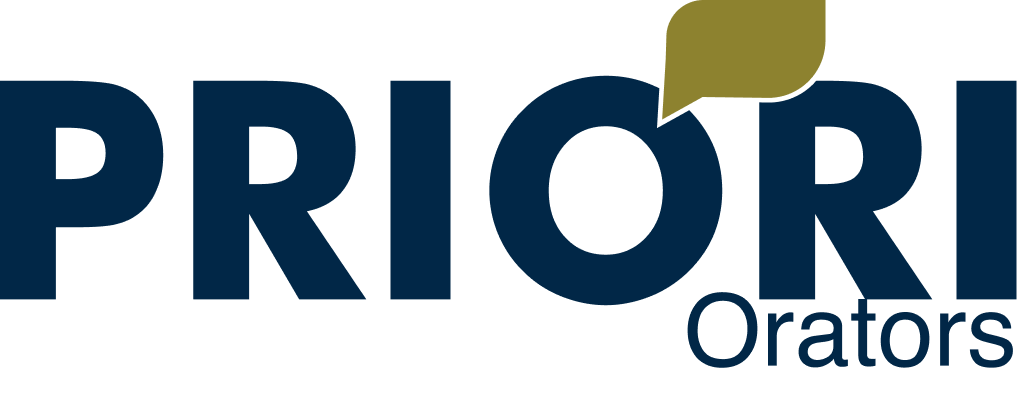Have you ever taken a pill for a headache, felt better, and then discovered it was just a sugar tablet? Strange, right? But this mysterious experience isn’t just a medical fluke,it’s a window into the astonishing and largely untapped power of the human mind. That power, surprisingly, revolves around one word: Placebo.
This isn’t just a quirky footnote in the medical world. The placebo effect is a powerful, measurable phenomenon. It’s a mental trigger, a spark that sets off a cascade of biological responses,all rooted in belief. And it doesn’t just happen in hospitals or labs; it plays out every day in our conversations, relationships, and personal growth journeys.
What Is a Placebo, Really?
A placebo is a treatment that has no therapeutic value,no active ingredients, no real physiological intervention. It could be a sugar pill, a saline injection, or even a sham surgery. Yet, countless patients around the world have experienced real improvements after taking placebos: their pain diminished, anxiety subsided, symptoms improved. All without a single active drug entering their system.
How is that possible?
The answer is simple and profound: belief.
When the brain expects healing, it often creates it. It releases neurotransmitters like dopamine, endorphins, and serotonin,chemicals that manage mood, reduce pain, and support physical healing. The brain, in essence, becomes the pharmacist. And the prescription? Expectation.
The Placebo Effect in Everyday Life
The placebo effect isn’t limited to medicine. In fact, its principles are deeply woven into the fabric of communication, coaching, leadership, and self-development. Think about these everyday examples:
- A leader tells their team, “I believe in you.”
- A teacher says, “You have what it takes to succeed.”
- A parent whispers, “You’re going to be just fine.”
- A coach insists, “You’re stronger than you think.”
At face value, these are just phrases,simple affirmations. But to the recipient’s mind, they can act like verbal placebos, unlocking confidence, courage, clarity, and performance. These statements shape the receiver’s expectation, and that expectation can shape reality.
This is why tone, language, and intention matter so deeply in communication. Every word we speak is either planting a seed of belief or doubt. We’re not just exchanging sentences,we’re scripting inner narratives.
The Flip Side: The Nocebo Effect
But there’s a darker side to this mental phenomenon. Just as positive belief can trigger healing, negative belief can cause harm. This is known as the Nocebo effect. A person might feel worse, experience heightened symptoms, or even develop new problems,not because of the treatment itself, but because they expected it to be harmful or ineffective.
- A doctor says, “This condition usually doesn’t improve.”
- A boss remarks, “You’ll probably mess this up.”
- A friend insists, “You’re not cut out for this.”
These statements can quietly but powerfully sabotage progress, confidence, and health. They operate like reverse placebos, creating suffering where none needed to exist. Words, it turns out, can both heal and harm,depending on the expectation they generate.
One Word That Changes Everything
Placebo,just one word, yet it captures a universe of insight about how the mind works. It proves that belief creates biology, and that what we expect, we often experience.
This concept has enormous implications, especially for people in roles of influence:
- Communicators can use this understanding to inspire and transform audiences.
- Leaders can foster belief systems that elevate team performance.
- Coaches can unlock breakthroughs simply by shifting how clients see themselves.
- Parents, teachers, therapists, doctors, and mentors,anyone who speaks into another’s life,can wield this insight to nurture healing, hope, and growth.
Your Voice, Their Reality
The next time you speak,to an audience, a loved one, a colleague, a client, or even to yourself,pause and remember this:
You’re not just delivering words.
You’re delivering expectation.
And expectation can transform minds, bodies, and lives.
So speak with care. Speak with power. And remember, the placebo effect isn’t about pretending something is real. It’s about proving that belief itself can make it real.
In the end, one word can make all the difference.
And that word is: Placebo.
Final Thought:
Your thoughts and your words are not just passive expressions,they are active agents of change. Learn to harness them, and you’ll discover that the mind’s hidden power isn’t just real,it’s revolutionary.







